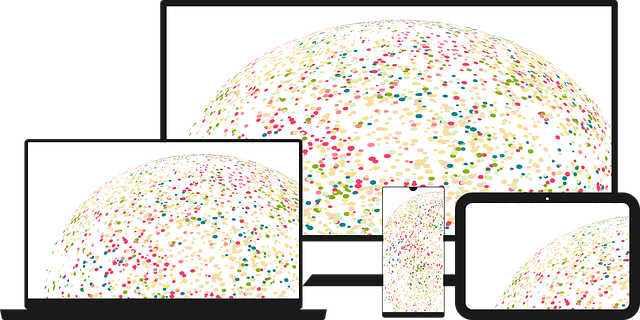AI-powered soil moisture monitoring is transforming agriculture by providing real-time data on plant needs, enabling precise fertilization through AI customer segmentation. By analyzing historical data and environmental conditions, AI algorithms predict optimal fertilization timings and rates specific to each farm segment or field, promoting sustainable crop cultivation with enhanced productivity and reduced chemical usage. This innovative approach allows farmers to make data-driven decisions for tailored irrigation and nutrient applications, maximizing yields while minimizing water wastage.
“Revolutionize agriculture with AI landscaping and real-time soil moisture monitoring—a game-changer in sustainable farming. This comprehensive guide explores how artificial intelligence can transform crop management. From understanding AI-driven soil moisture tracking to personalizing fertilization through customer segmentation, we uncover efficient practices for optimal plant growth.
Learn how integrating real-time data enables farmers to enhance crop yield and adopt intelligent fertilization plans tailored to specific needs.”
- Understanding AI-Powered Soil Moisture Monitoring: Unlocking Efficient Agriculture
- The Role of Customer Segmentation in Fertilization: Personalizing AI for Optimal Plant Growth
- Integrating Real-Time Data: Enhancing Crop Yield and Sustainability with AI
Understanding AI-Powered Soil Moisture Monitoring: Unlocking Efficient Agriculture

AI-powered soil moisture monitoring is transforming agriculture by offering precise, real-time data on plant needs. This technology uses sensors and machine learning algorithms to analyze water content in the soil, providing farmers with crucial insights for optimal crop growth. By understanding moisture levels, farmers can tailor fertilization plans through AI customer segmentation, ensuring efficient use of resources and maximizing yields.
This innovative approach eliminates the guesswork associated with traditional farming practices. It allows for data-driven decisions, such as determining precise watering schedules and identifying areas that require more or less nutrients. As a result, AI landscaping fosters sustainable agriculture by reducing water wastage and promoting targeted application of fertilizers, ultimately contributing to improved crop health and productivity.
The Role of Customer Segmentation in Fertilization: Personalizing AI for Optimal Plant Growth

AI-driven real-time soil moisture monitoring offers a groundbreaking approach to agriculture, but its potential goes beyond mere water conservation. By integrating AI with customer segmentation for fertilization plans, farmers can achieve highly personalized and optimized plant growth strategies. This involves analyzing historical data on soil types, climatic conditions, and past crop yields specific to different farm segments or even individual fields.
Through this detailed segmentation, AI algorithms can predict optimal fertilization timings and rates tailored to each unique micro-environment. Such precision agriculture ensures that plants receive the precise nutrient balance they need, enhancing overall productivity while minimizing environmental impact through reduced chemical usage. This personalized approach leverages the power of AI to transform conventional farming practices, ultimately fostering sustainable and thriving crop cultivation.
Integrating Real-Time Data: Enhancing Crop Yield and Sustainability with AI

Integrating real-time data through AI offers transformative potential in agriculture, particularly regarding soil moisture monitoring and fertilization strategies. By harnessing advanced algorithms and sensors, farmers can access precise, up-to-the-minute insights into their crops’ nutritional needs and environmental conditions. This enables them to implement tailored fertilization plans based on AI customer segmentation for fertilization plans.
For instance, real-time data can reveal variations in soil moisture across different fields or even patches within a field, prompting targeted irrigation adjustments. Similarly, AI analysis can identify specific crop types or stages of growth that require adjusted nutrient applications, optimizing resource use and enhancing overall yield while promoting sustainable agricultural practices.
AI-driven soil moisture monitoring and fertilization through personalized customer segmentation are transforming agriculture. By integrating real-time data, farmers can optimize crop yield, enhance sustainability, and make informed decisions tailored to their unique fields. This innovative approach ensures plants receive the precise water and nutrient balance they need, paving the way for a greener, more prosperous future in farming. AI customer segmentation for fertilization plans is not just a trend; it’s a game-changer that promises to revolutionize how we grow our food.
